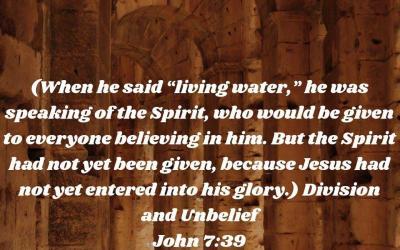Practicing Righteousness Before God, Not Men
Introduction
Jesus addresses the human tendency to seek approval and applause from others in Matthew 6:1-18. This passage teaches that righteousness is not about public displays but about honoring God through sincerity and humility. In our giving, praying, and fasting, the motive matters more than the act itself.
Background and Context
Matthew 6:1-18 is part of the Sermon on the Mount, where Jesus outlines principles for living in God’s kingdom. This section contrasts true righteousness with the hypocrisy of the Pharisees, who sought public recognition for their religious practices. Jesus teaches His followers to prioritize their relationship with the Father over human validation.
- Cultural Context: In Jewish tradition, acts of righteousness (almsgiving, prayer, and fasting) were central to religious life. Unfortunately, these were often performed for social status rather than to honor God.
Key Points
- Giving in Secret (Matthew 6:1-4)
- Right Practice: Give in secret, so only God sees.
- Wrong Practice: Giving to be honored by others (v. 2).
- Result: The Father, who sees in secret, will reward you openly (v. 4).
- Illustration: A child helps a classmate by slipping money into their locker anonymously, delighting in the act without expecting recognition.
- Praying in Private (Matthew 6:5-15)
- Right Practice: Pray in a private conversation with God, focusing on Him.
- Wrong Practice: Praying loudly in public to appear spiritual (v. 5).
- Result: The Father knows your needs and responds (v. 6-8).
- Illustration: A man sits quietly in his car during lunch break to pray, choosing intimacy with God over impressing his coworkers.
- Fasting with Joy (Matthew 6:16-18)
- Right Practice: Fast with a pleasant attitude, keeping it between you and God.
- Wrong Practice: Drawing attention to your fasting by looking disheveled (v. 16).
- Result: The Father sees your sacrifice and rewards you (v. 18).
- Illustration: A woman fasting during her workday avoids mentioning it, focusing on her prayer life and maintaining a cheerful demeanor.
Practical Application
- Examine Your Motives
- Before engaging in any act of righteousness, ask yourself: Is this for God’s glory or my recognition?
- Reflect on Colossians 3:23: “Whatever you do, do your work heartily, as for the Lord rather than for men.”
- Prioritize a Personal Relationship with God
- Spend quiet time with God daily through prayer and Scripture reading. Your spiritual growth is not for show but for your heart’s transformation.
- Celebrate God’s Approval
- Remember that God’s reward is eternal, unlike fleeting human praise. Seek His affirmation, which brings lasting joy and peace.
Lesson
True righteousness is not about public performance but private devotion. Jesus calls us to shift our focus from pleasing others to pleasing God. When we give, pray, and fast, let our actions be expressions of love and obedience to the Father, who sees in secret and rewards openly.
Closing Thought
Living righteously before God transforms not just our actions but our hearts. Let us commit to a life of genuine faith, seeking the approval of our Heavenly Father above all else.





0 Comments